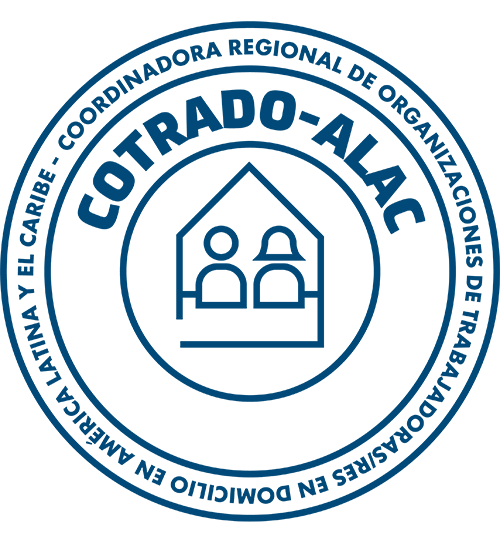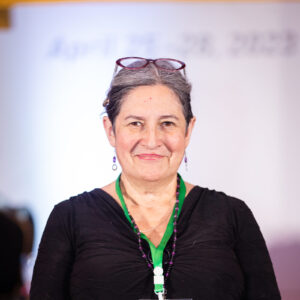

HNI Executive Committee Member – Santiago, Chile
Email: [email protected]

HNI Executive Committee Member – São Paulo, Brasil
Email: [email protected]
Edileuza is a member of HomeNet International’s Executive Committee and the President of ATEMDO – Association of Home-based Workers of Solidarity Economy in Brazil. With a strong engagement in the Solidarity Economy movement since 2005, she actively supports workers from all segments of the informal economy. Edileuza is also a member of the Interim Committee of COTRADO ALAC, further contributing to advocating for the rights of informal economy workers.
Patricia Coñoman, Councilwoman of the Municipality of El Bosque and HNI IWC member talks about the history of home-based workers in Chile, their struggles and achievements.

2017
Argentina, Brazil, Chile, El Salvador, Nicaragua, Peru and Uruguay.